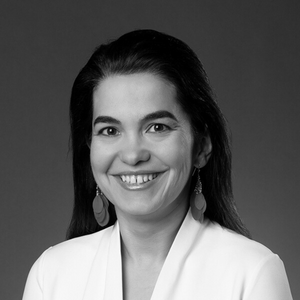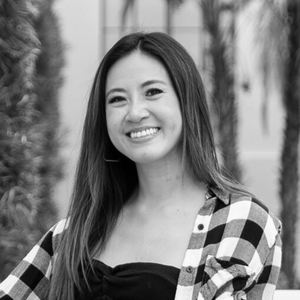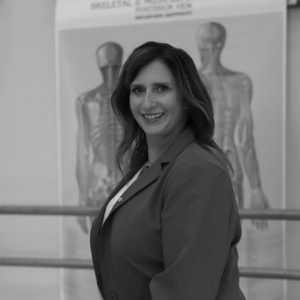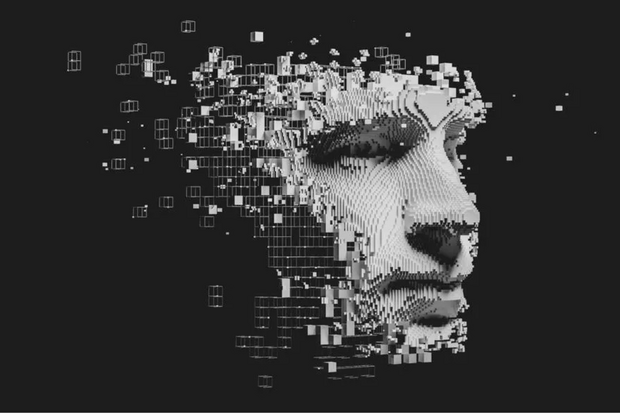Bridging Physical Barriers: Inklusion an der Schnittstelle von Robotik, Architektur und Kunst
Language: English ・ By invitation only
Info
Join us for an insightful evening with Thomas Mann Fellow and Professor for Health Sciences and Technology Robert Riener. After a series of short presentations by acclaimed researchers, he will facilitate a conversation on the future of inclusion at the intersection of physical space, movement, and assistive technology.
How can technology, design, and the arts come together to create spaces and systems that are truly inclusive? This interdisciplinary podium discussion explores how we can bridge not only physical barriers, but also disciplinary divides—uniting perspectives from robotics, architecture, rehabilitation, and performance to imagine new pathways toward accessibility and inclusion. By combining technical innovation with human-centered design and artistic insight, we can develop environments and technologies that respond more fully to the diverse needs of all users—including people with impairments.
Professionals from a range of fields—architecture, engineering, healthcare, the arts, and beyond—will take part in a shared exploration of how inclusion can be rethought at the intersection of physical space, movement, and assistive technology.
During his time at the Thomas Mann House, Robert Riener researches current technological trends in the field of AI and robotics, and their potential positive and negative effects on individuals with or without disabilities and on society as a whole. His project is to foster a dialogue about the appropriate use of new technologies in our society.
Participants

Prof. Burçin Becerik-Gerber (USC) is a pioneer in Human-Building Interaction. Her research explores responsive and adaptive environments that center the human experience, advancing how architecture and engineering serve diverse users.

Natalie Fung (USC graduate) is a production manager and data analyst, as well as a wheelchair user and advocate for accessibility. She brings personal and professional insight into how inclusive design directly affects quality of life and agency.

Prof. David Reinkensmeyer (UC Irvine) is a leading researcher in neuro-rehabilitation and robotics. His work focuses on developing "rehabilitators"—mechatronic devices that support recovery after neurological injuries like stroke or spinal cord injury.

Prof. Dr. Robert Riener studied mechanical engineering at the Technical University of Munich (TUM) and the University of Maryland and received his doctorate from TUM in 1997. After his postdoctoral studies at TUM and the Polytechnic of Milan, Robert Riener habilitated at TUM in 2003. He was subsequently appointed to ETH Zurich, where he was promoted to full professor in 2010. Riener develops therapy and assistance devices for people with restricted mobility. He founded the CYBATHLON to facilitate a social dialogue about inclusion.

Prof. Kelli Sharp (UC Irvine), Chair of the Department of Dance and co-Vice Chair for Research in Physical Medicine and Rehabilitation, merges dance science with clinical research to improve movement education, therapy, and health across populations.





